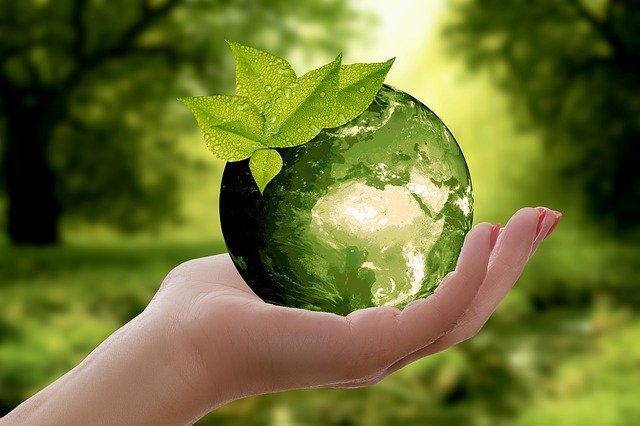 What are seniors' attitudes about sustainability?
What are seniors' attitudes about sustainability?
By COLEEN LOUGHLIN
As a senior citizen getting an opportunity to write for this column, I quickly realized that I have more questions than answers.
I began to think of the environment and my attitudes toward it. I saw myself as a member of a cohort of society loosely defined by the year of my birth. Whether part of the so-called Silent Generation or the Baby Boomers, who are we, I wondered, and what are our attitudes toward climate change and sustainability measures? How do these points of view affect our actions?
Generalizations are only that. They are often rooted in nuggets of truth, but, when applied in specific situations, may be misleading or entirely false. Are we greedy geezers, disinterested, passive and incapable of engagement? Are we too busy spending the kids' inheritance to take notice of the latest flood in our area?
Surprisingly, my recent search on the AARP's blog revealed not one mention of the environment or sustainability. Do we believe that climate change is simply a myth or a political talking point?
Or are we informed, generous and altruistic? Are we alarmed at the environmental changes we ourselves observe? Are we concerned about leaving the world a better place for future generations? Have we been influenced by the alarms sounded by younger Americans? Raised in an era when climate change was rarely discussed, do we now make it a voting issue?
In all of this, the views of seniors defy easy characterization and studies reveal mixed results. But what about experience?
Here the picture changes. Older people may have one advantage in that they've watched climate change occur for years before their very eyes. Summers are hotter, shrubs flower earlier, snow is less frequent, flooded roads near beaches are routine. Fire, extreme weather, states of emergency, toxins in water, and particulates in the air are objective realities that the average senior has experienced. The open road that once made the auto seem like a freedom machine is
now clogged with more traffic than many may want to navigate. The hiking trail that once beckoned may now have been paved as a part of a strip mall parking lot.
The packaging of products is another obvious change. Seniors remember a time when detergent flakes came in cardboard boxes and milk was left at your door in glass bottles. Your garbage went out in a paper bag and your lunch box was made of tin. Your fruits even found their way home without being neatly tied into plastic bags.
So what happened?
Small but significant changes came rapidly as we applauded new inventions and conveniences. We were witness to the heralded arrival of plastic garbage bags (1950), zip lock seal bags (1954), styrofoam cups (1957), and the infamous bubble wrap (1960). We've all checked out of supermarkets with plastic bags in hand since the early 1980s and watched the plastic water bottle become a way of life during the 1990s. All of these were seen as modern improvements which we enjoyed with little thought of environmental consequences. So there we were and here we are now, all in this together. The picture, while dramatic, is not all grim.
Many seniors hold fast to the idea that learning keeps us young. Regardless of our age, there are long held suppositions and practices that we may want to re-examine. This is especially true in regard to our current environmental concerns. From big purchases to small habits that cost us
nothing, there are things we can all do.
Is a new car in your future, and might it be electric? Will your new outdoor furniture be of Polywood, made from recycled bottles and detergent containers? Will you earn $1,000 in gift cards plus a greatly reduced monthly electric bill by having solar panels installed on your roof?
Or will it be the daily small things like attention to recycling or bringing your own take out container into that restaurant where you never finish the huge portions? Maybe your exercise program might even include a few trips back to your car when you remember your supply of canvas bags just as you enter the supermarket.
Who knows? Together, let's all make it happen.